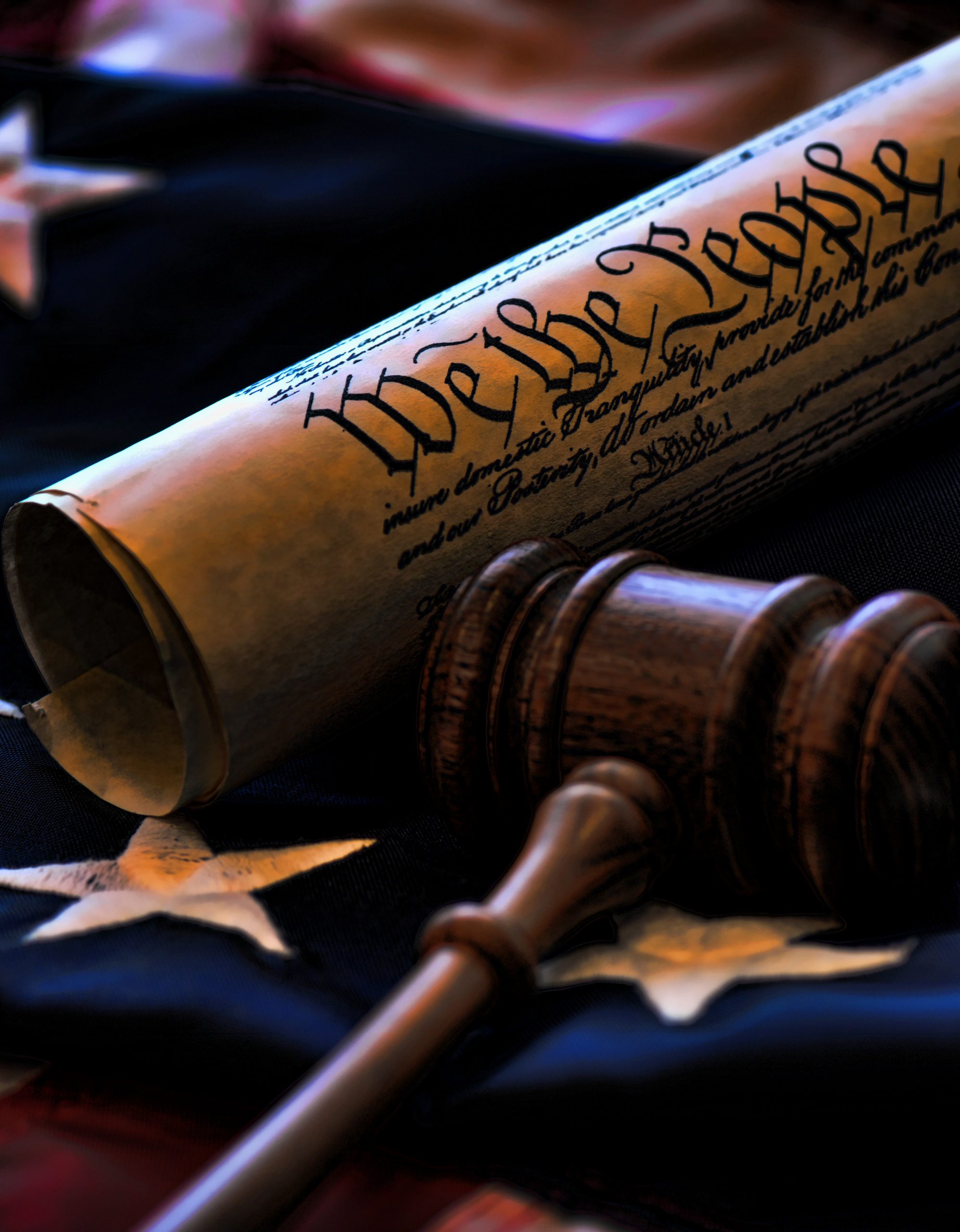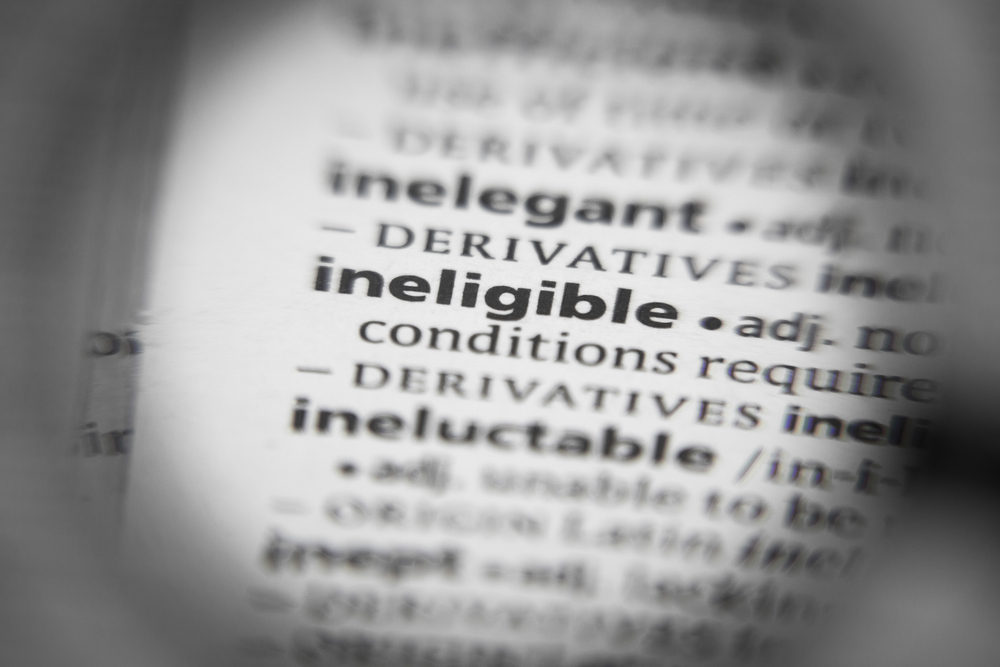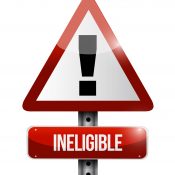“These circumstances have turned IPR proceedings into a Kafkaesque nightmare in which independent inventors are forced to participate against their will, despite knowing that the deck has been irretrievably stacked against them.” B.E. petition for writ of mandamus
 B.E. Technology, a company owned by Martin David Hoyle, developer of internet advertising technology who has been embroiled in litigation with big tech companies like Facebook, Twitter and Google for close to a decade now, today filed a petition for writ of mandamus with the U.S. Court of Appeals for the Federal Circuit (CAFC). The petition asks the court to intervene to “prevent an unconstitutional deprivation of B.E.’s property rights in the onslaught of IPR proceedings that have been brought to challenge the validity of its most critical patents.”
B.E. Technology, a company owned by Martin David Hoyle, developer of internet advertising technology who has been embroiled in litigation with big tech companies like Facebook, Twitter and Google for close to a decade now, today filed a petition for writ of mandamus with the U.S. Court of Appeals for the Federal Circuit (CAFC). The petition asks the court to intervene to “prevent an unconstitutional deprivation of B.E.’s property rights in the onslaught of IPR proceedings that have been brought to challenge the validity of its most critical patents.”
B.E. specifically asks the CAFC to direct the Patent Trial and Appeal Board (PTAB) to vacate its decisions to grant institution in four separate inter partes review (IPR) proceedings: Twitter, Inc. and Google LLC v. B.E. Technology, L.L.C., Nos. IPR2021-00482, IPR2021-00483, IPR2021-00484, and IPR2021-00485. The question presented is: “Whether a writ of mandamus should issue to prevent an unconstitutional deprivation of the Petitioner patent owner’s property rights without due process of law?”
According to B.E.’s petition, the PTAB’s due process violations can be grouped into three broad categories that, taken together, “have rendered adjudications before the PTAB so profoundly unfair and biased against independent inventors that B.E. doesn’t stand a chance at a fair trial against its ‘Big Tech’ adversaries in the pending IPR proceedings.”
Financial Incentives to Issue Biased Decisions
The first category of due process violations has to do with the financial incentives PTAB Administrative Patent Judges (APJs) are awarded to favor big players over independent inventors, the petition says. In particular, citing research from a recent paper by Ron Katznelson that was summarized for IPWatchdog in July of this year, the petition explains that APJs “earn significantly more, as bonus payments, for final written decisions that result in the cancellation of (as opposed to upholding) the challenged patent.” Katznelson found that APJs “earned an average bonus of … $313.6[0] per Final Written Decision when cancelling patent claims,” as compared to “$2.4[0] per Final Written Decision when uphold[ing] all patent claims.” The petition also notes that APJs can make up to $43,000 above their salary cap of $181,500 per year in bonuses.
Additionally, Freedom of Information Act requests have revealed that the U.S. Patent and Trademark Office (USPTO) does not count dissenting and concurring opinions towards APJs’ productivity goals. Approximately 98% of merits-based PTAB decisions are unanimous.
A Stacked Deck
The second category of violations relates to the practice of “panel stacking,” in which USPTO leadership allegedly assigns new APJs to certain cases in order to manipulate the outcome of those cases. The petition cites to an IPWatchdog article authored by Founder and CEO Gene Quinn in 2017 detailing the oral argument in Yissum Research Development Co. v. Sony Corp. (Fed. Cir. 2015), in which a USPTO attorney as much as admitted to the practice. While the USPTO has attempted since then to argue that it has only ever engaged in such stacking on three occasions, the B.E. petition cites publicly available data demonstrating that “panel stacking is rampant—having impacted at least 1,171 hearings, 391 final decisions, and 737 unique cases, since 2013.”
The ARC
The petition further argues that the PTAB “maintains a secret internal review committee called the AIA Review Committee (‘ARC’),” which rewrites draft decisions in IPRs “if necessary.” This also comes from the Katznelson paper, which notes references to the ARC in the PTAB’s Performance Appraisal Plan document. It is not known who publicly serves on the ARC and parties to IPR proceedings cannot interact with the committee. “As a result, IPR proceedings are rendered into show trials, while the substantive decision-making process take place in secret,” says the petition.
Ultimately, these violations make it impossible for independent inventors to prevail at the PTAB and the CAFC must grant the petition to prevent “an unconstitutional deprivation of B.E.’s property rights without due process of law”:
These circumstances have turned IPR proceedings into a Kafkaesque nightmare in which independent inventors are forced to participate against their will, despite knowing that the deck has been irretrievably stacked against them. Simply put, the circumstances surrounding IPR proceedings, as currently implemented, are so fundamentally unjust that patent owners effectively receive no process at all.
A ‘Constellation of Issues’
Most recently, in Mobility Workx, LLC v. Unified Patents, LLC (Fed. Cir. Oct. 13, 2021), the CAFC held that the structure of the PTAB does not violate due process rights. But that case and other seminal cases, from Arthrex v. Smith & Nephew to Oil States and Cuozzo, have failed to address the totality of the issues, explains B.E.: “[N]one of those previous cases has fully addressed the constellation of issues presented herein—regarding the repeated and ongoing violations of patent owners’ constitutional due process rights at all stages of IPR proceedings.”
Update 11/16/21: The CAFC has ordered Google and Twitter to file a response within seven days.
Image Source: Deposit Photos
Author: alancrosthwaite
Image ID: 38780871

![[IPWatchdog Logo]](https://ipwatchdog.com/wp-content/themes/IPWatchdog%20-%202023/assets/images/temp/logo-small@2x.png)

![[Advertisement]](https://ipwatchdog.com/wp-content/uploads/2026/02/Junior-AI-Feb-10-2026-sidebar-CLE-700x500-1.jpg)
![[Advertisement]](https://ipwatchdog.com/wp-content/uploads/2026/02/Anaqua-Feb-12-2026-sidebar-700x500-1.jpg)
![[Advertisement]](https://ipwatchdog.com/wp-content/uploads/2026/02/Ankar-AI-Feb-17-2025-sidebar-700x500-1.jpg)
![[Advertisement]](https://ipwatchdog.com/wp-content/uploads/2025/12/LIVE-2026-sidebar-regular-price-700x500-1.jpg)







![[Advertisement]](https://ipwatchdog.com/wp-content/uploads/2021/12/WEBINAR-336-x-280-px.png)
![[Advertisement]](https://ipwatchdog.com/wp-content/uploads/2021/12/Ad-4-The-Invent-Patent-System™.png)







Join the Discussion
19 comments so far.
Anon
November 17, 2021 09:59 amTruthTeller,
Move the goalposts back, as no one is “doxxing” anyone,
Did you bother to understand why I referenced 37 CFR 1.2?
Your ad hominem attempts to belittle the complaint are proving the adage of “where there is smoke, there is fire.”
I noticed that you did not answer my questions to you vis a vis SAWS. Your non-answer IS an answer.
Julie Burke
November 17, 2021 09:15 am@7 – they came, they SAWS, they invented the Arc of the Deal and then they revised the pre-appeal conference review decision form.
Pre-appeal conferences were originally set up to include the Examiner, the SPE and a QAS, whose names, titles and signatures could be found in three boxes at the bottom the decision form.
Speaking from personal experience, following complaints that the conferee panel included less than those three or that the QAS named on the decision form had not actually participated in the conference, the USPTO addressed future discrepancies by quietly removing the three boxes from the bottom of the form. So now applicants no longer know who participated in the pre-appeal conference and who their deciding officials are. Or even if a pre-appeal conference took place.
Patent Investor
November 16, 2021 06:51 pmARC is nothing, some patent owners must contend with judge easthom.
JustTheFacts
November 16, 2021 04:59 pmTruthTeller
It appears as though you are accustomed to Banana Republic Courts. No proper panel is performed in secret, regardless of what you call it, quality control or whatever.
The law demands all review panels to be known before the parties in the trial. To date, the PTAB has refused to even provide who is on the ARC. Just by not being known makes this a star chamber which has been marked as illegal for over 500 years.
Your trying to excuse it, exposes the situation as even more problematic than this mandamus states.
TFCFM
November 16, 2021 03:19 pm“I’m afraid I’m going to lose my patents without being able to force companies to spend as much on litigation as I could if the PTAB were a district court” is an argument that really hasn’t been tried.
Perhaps it will work, but I doubt it. The honesty would be refreshing nonetheless.
TruthTeller
November 16, 2021 02:52 pmAnon,
It’s hardly “shrouded in shadows.” It’s internal quality control, do you want to doxx the paralegals involved too? I’m guessing they are evil Satan worshippers. We should know who they are!!!
If the judges issued decision at odds on common issues of law, you same cry babies would be screaming about their incompetence.
Attempting to change the subject to SAWS isn’t helping the silliness of this complaint.
Anon
November 16, 2021 01:47 pmTruthTeller,
It’s a bit of a mystery why any such “quality review” is shrouded in the shadows and violates 37 CFR 1.2.
Did you have any problem with SAWS? Did you deny the existence of that program (before the Patent Office made its official admission?) Do you get why that admission was so problematic?
Please do not crater your credibility with your responses (or lack thereof).
PTO-Indentured
November 16, 2021 01:19 pm21st Century USPTO
From one secret society to the next
We Came, We SAWS, We Conquered
Then invented: The ARC of the Deal
Curious
November 16, 2021 12:38 pmIt is like filing a complaint with the Thieve’s Guild arguing that a particular thief has stolen something of value.
Good luck with that ….
TruthTeller
November 16, 2021 12:07 pm“As a result, IPR proceedings are rendered into show trials, while the substantive decision-making process take place in secret,” says the petition.”
Such melodramatic foolishness. LOL
ARC is a quality review panel that ensures a consistent approach to issues of law across the decisions of different judges, it has nothing to do with weighing evidence, deciding factual disputes, or rewriting anything. So silly.
Just another whiny troll argument that isn’t worth the paper it is written on.
Anon
November 16, 2021 08:32 amARC appears to be “one of those” one of many such shadow programs that the Office flat out admitted to having during the SAWS debacle.
Shall we all be reminded of 37 CFR 1.2, and the reason why shadow programs (under ANY guise) are ultra vires?
PAUL MORINVILLE
November 16, 2021 12:19 amExcellent. Frigging excellent.
Pro Say
November 15, 2021 08:15 pmThank you, Mr. Hoyle, for continuing to fight the good fight . . . for all of us 1,000’s of beleaguered independent inventors.
America’s Founding Fathers would be aghast at what has happened to the world’s formally best innovation-protecting patent system.
Bemused
November 15, 2021 06:49 pmWTF is the ARC? I’ve never heard of this insanity! Anonymous committee that no one can interact with? What third-world garbage has our patent system devolved into?